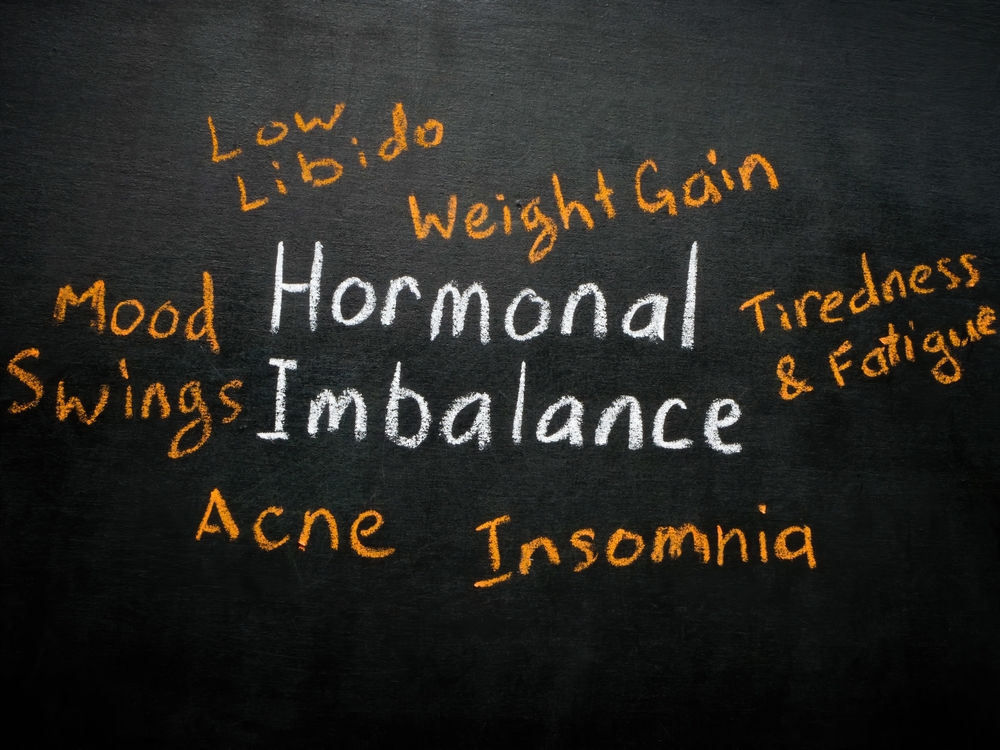WORDS UMI ATIKAH MOHD HASHIM & ASSOCIATE PROFESSOR DR ZAHARA ABDUL MANAF
FEATURED EXPERTS
 UMI ATIKAH BT MOHD HASHIM UMI ATIKAH BT MOHD HASHIMBSc Nutrition and Community Health UPM Student of Master Clinical Nutrition Universiti Kebangsaan Malaysia |
 ASSOCIATE PROFESSOR DR ZAHARA ABDUL MANAF ASSOCIATE PROFESSOR DR ZAHARA ABDUL MANAFSenior Lecturer Centre for Healthy Ageing and Wellness (H-CARE) Faculty of Health Sciences Universiti Kebangsaan Malaysia |
The Malaysian lifestyle has been undergoing changes over time. With improved socio-economic conditions, Malaysians tend to consume more food today than they did previously. Excessive intake of high-calorie foods combined with little daily physical activity has led to increased numbers of overweight and obese people in the population.
Malaysia has the second highest in the number of overweight and obese people in the Southeast Asian region. Furthermore, the rate of increase in overweight and obese individuals in Malaysia was found to be the highest in the region. Since the percentage of overweight and obese people increased consistently from 2010 to 2014, there is a high possibility that this trend will continue in the coming years.
The root of this issue lies not just in personal choices but in what experts term an “obesogenic environment.”
WHAT IS AN OBESOGENIC ENVIRONMENT?
An obesogenic environment is characterized by conditions that promote obesity among populations.
In Malaysia, this includes a combination of the following factors.
- Readily available high-calorie foods, exacerbated by the proliferation of fast-food outlets and online food delivery service.
- Notable scarcity of outlets offering fresh and nutritious foods in urban areas that makes healthy eating more challenging and often more expensive, steering individuals towards less healthy but more accessible and affordable options.
- Sedentary lifestyle. Increased screen time, whether for work, education, or leisure, reduces the time spent on physical activities. The convenience of smartphones and other devices has made it easier for individuals to order food online, play video games, or consume digital content for hours, thereby limiting physical movement.
- Urban planning that discourages physical activity. Urban infrastructure often lacks safe, accessible spaces for physical exercise, further contributing to sedentary behavior. Parks and recreational facilities are often too few or inadequately maintained, especially in lower-income areas.
- Social and economic pressures. People in lower socioeconomic brackets may prioritize cheaper food options, which are often processed and high in calories, due to budget constraints. Furthermore, individuals working multiple jobs or long hours may have less time and energy to prepare healthy meals or engage in physical exercise.
- Cultural factors. Food plays a significant role in Malaysian culture, with social events often centered around eating. The emphasis on food abundance can sometimes overshadow the importance of food quality.
IMPLICATIONS FOR THE PEOPLE AND THE NATION
The implications of this obesogenic landscape are profound, impacting not only the physical health of individuals but also the nation’s healthcare system.
- Public health crisis. Rising obesity rates increase the prevalence of non-communicable diseases (NCDs) such as diabetes, heart disease, and certain cancers, straining the healthcare system.
- Economic burden. The rise in obesity-related diseases, such as diabetes, hypertension, and heart disease, places an increased burden on healthcare resources.
- Social and emotional toll. Obesity can lead to psychological issues, including low self-esteem and depression, affecting individuals’ quality of life and productivity. Furthermore, obese people often encounter stigma and discrimination.
TACKLING THE CHALLENGE OF OBESOGENIC ENVIRONMENT WITH A MULTIFACETED APPROACH
Addressing the challenge of obesogenic environments requires a broad, collaborative approach that involves public policy changes, community engagement, and individual action.
- Enhance urban planning and infrastructure. Prioritize the development of pedestrian-friendly infrastructure, safe cycling paths, and more green spaces within urban areas.
- Improve economic accessibility to healthy foods. Implement policies aimed at reducing the cost of fresh produce and healthy goods while potentially taxing high-calorie, nutrient-poor foods.
- Promote cultural shift towards healthy living. Launch public health campaigns that educate about healthy eating and celebrate it as part of the national culture.
- Leverage technology for health promotion. Harness technology to encourage physical activity and healthy eating through apps and virtual services.
- Strengthen public health policies. Implement comprehensive policies that tackle the availability and marketing of unhealthy food options, especially those aimed at children.
- Launch education and public awareness campaigns. Encourage employers to create wellness programmes that promote physical activity and healthy eating. Invest in educational programmes that start from early childhood and extend into adulthood to build lifelong habits of healthy eating and regular physical activity.
- Improve access to healthcare and nutritional guidance. Ensure individuals have access to regular health check-ups and consultations with nutritionists and dietitians to help prevent and manage obesity.
The battle against obesogenic environments in Malaysia is complex, involving an intricate web of societal, economic, and individual factors. However, by understanding these challenges and adopting a collective approach to address them, Malaysia can pave the way toward a healthier future. It requires commitment from all sectors of society—from government and industry to schools and families—to create an environment where healthy choices are easy, affordable, and valued.



 LIYANA TAN ABDULLAH
LIYANA TAN ABDULLAH DR NURUL HUDA RAZALLI
DR NURUL HUDA RAZALLI
 ANAS ALMASWARY
ANAS ALMASWARY PROFESSOR DR SUZANA SHAHAR
PROFESSOR DR SUZANA SHAHAR
 VOON SUK CHEN
VOON SUK CHEN DR FATIN HANANI MAZRI
DR FATIN HANANI MAZRI
 FEATURED EXPERT
FEATURED EXPERT
 FEATURED EXPERT
FEATURED EXPERT